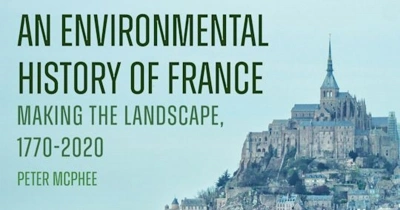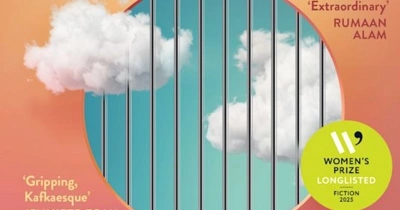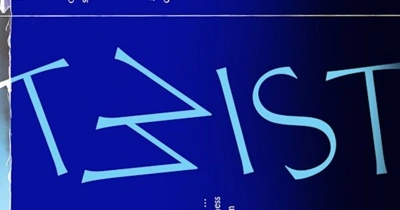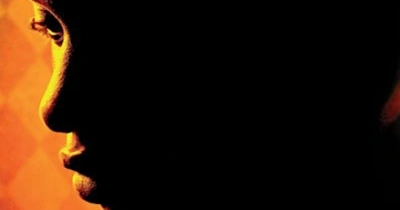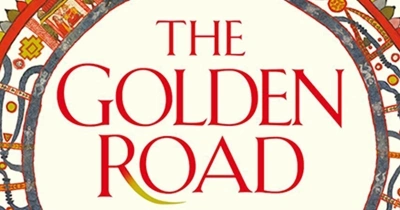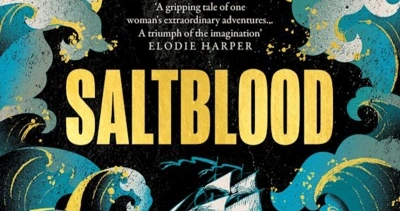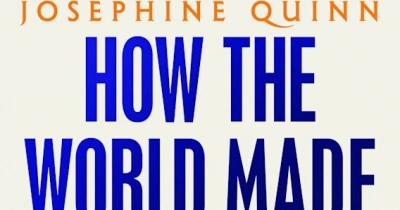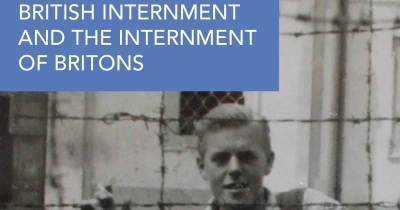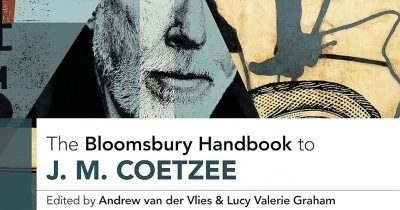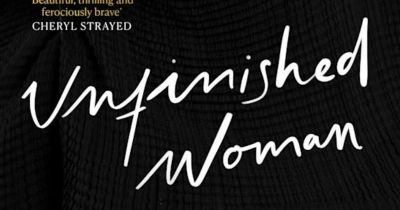Bloomsbury
An Environmental History of France: Making the landscape, 1770-2020 by Peter McPhee
by David Garrioch •
The Golden Road: How ancient India transformed the world by William Dalrymple
by Marika Vicziany •
How the World Made the West: A 4,000-year history by Josephine Quinn
by Miles Pattenden •
British Internment and the Internment of Britons: Second World War camps, history and heritage edited by Gilly Carr and Rachel Pistol
by Seumas Spark •
The Bloomsbury Handbook to J.M. Coetzee edited by Andrew van der Vlies and Lucie Valerie Graham
by Tim Mehigan •


